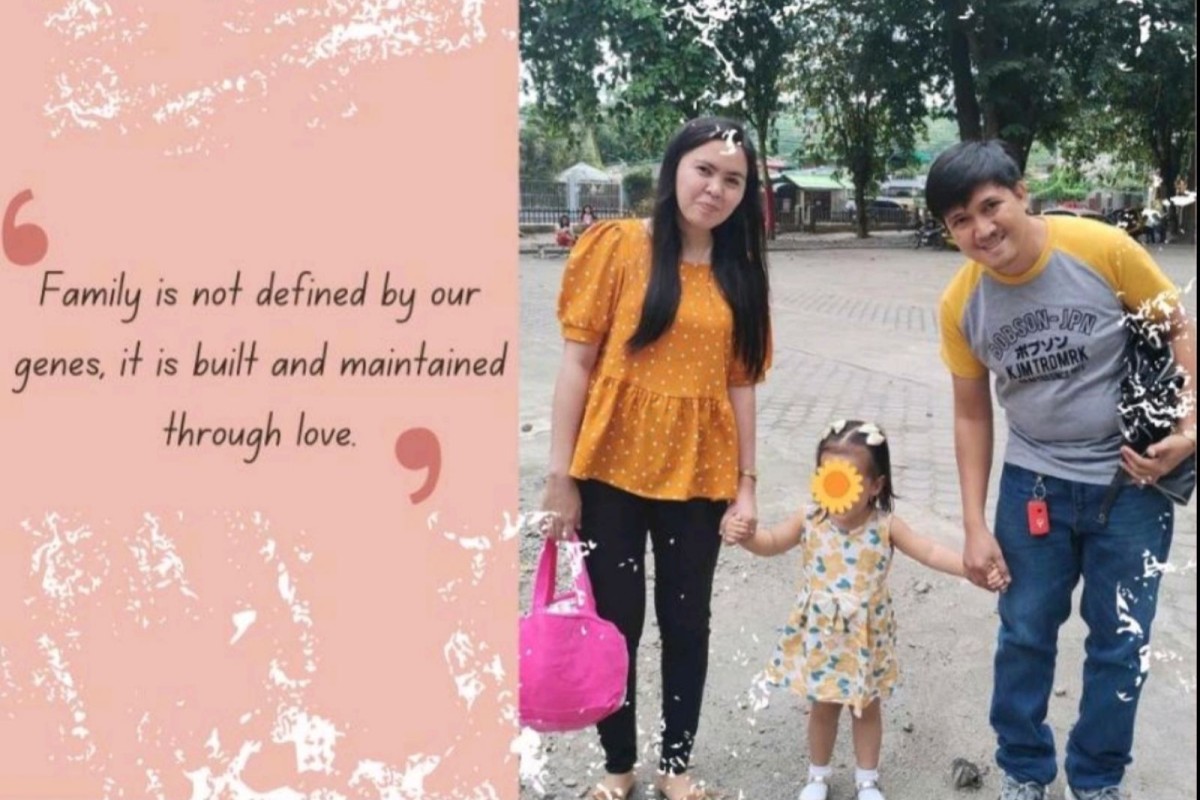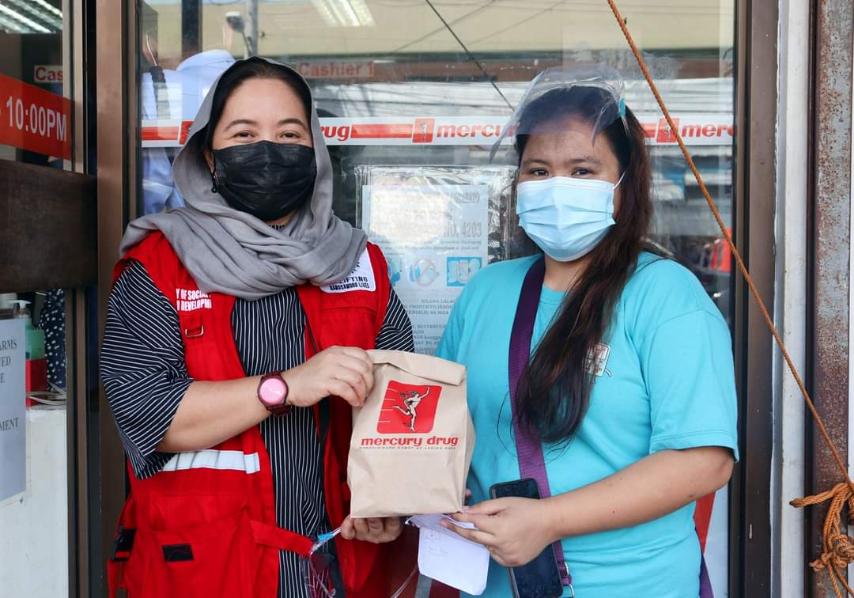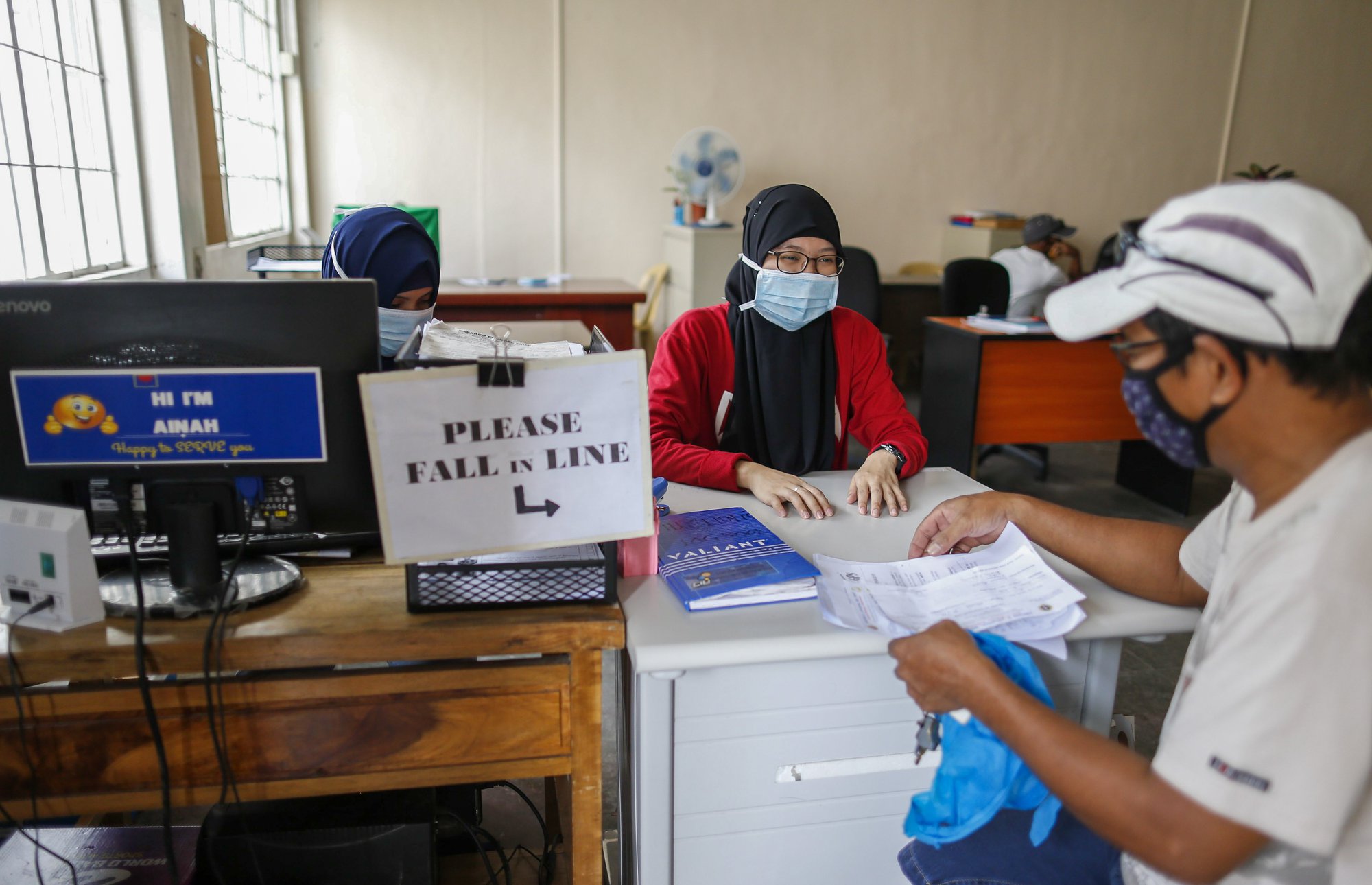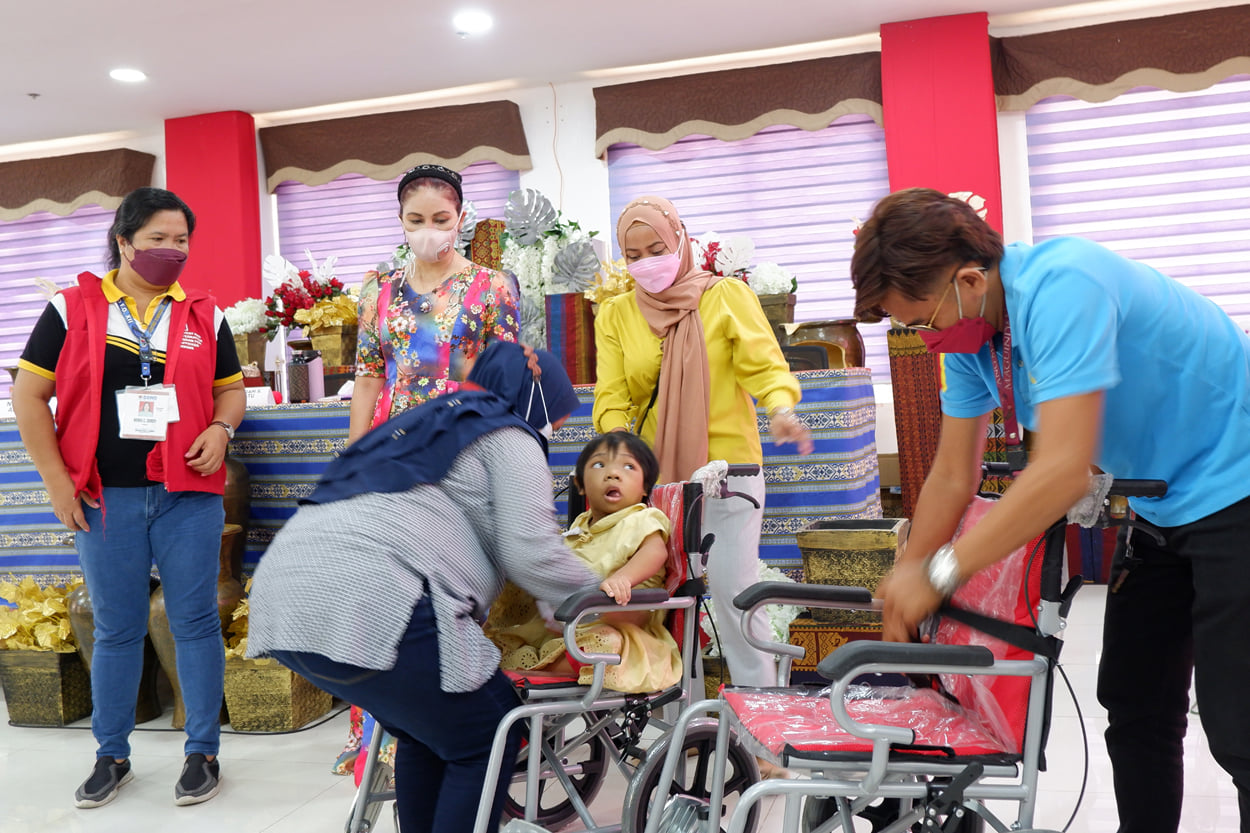
Every child has the right to have a wholesome family that will nurture, love, and mold them, but not every child is blessed to have one. The Philippines efforts to bring hope to neglected and abandoned children have brought sweeping changes to the country’s legal adoption and child care systems.
With Republic Act 11642, also known as the ‘Domestic Administrative Adoption and Alternative Child Care Act’ signed into law in 2022 and the release of the Omnibus Guidelines for its implementation by DSWD, legal child adoption in the Philippines has now become a simple, swift, and inexpensive process.
The law seeks to revolutionize the adoption system in the country and strengthen alternative child care by providing a more efficient and easier administrative process for domestic adoption through reorganizing the Inter-Country Adoption Board (ICAB) into the National Authority for Child Care (NACC), which will now have "exclusive jurisdiction over all matters" regarding alternative child care and adoption.
In Soccsksargen, the Department of Social Welfare and Development's ARS section has now been renamed the Regional Alternative Child Care Office (RACCO), with its role focusing on facilitating the legal adoption process and providing alternative child care such as kinship care, foster care, residential care facilities, and other family-like care for neglected, voluntary surrendered, and abandoned children.
"We really make sure that we are making the best possible efforts to retain the child in the family. We do not jump as fast as gusto lang ng adopter na mag-adopt na agad [just the whims of the adopter to adopt just like that],” said RACCO officer-in-charge Jollybelle Arogante.
RACCO will serve as the principal authority responsible for all matters related to child care, including domestic and inter-country adoption. This consolidation of authority is aimed at improving coordination and ensuring that child welfare remains at the forefront of the country's policies and initiatives.
Arogante said that Republic Act No. 11642 has streamlined the legal adoption process, making it more accessible and efficient for prospective adoptive parents while prioritizing the best interests of the child.
She said that with this law, there is a renewed focus on ensuring that children are placed in loving and stable homes, hence marking a significant departure from the old system.
The new law on adoption also strengthens DSWD authority to simplify the process of adoption, minimize the cost on the part of adoptive parents, and reduce bureaucratic requirements that have often deterred potential adoptive parents.
It emphasizes the importance of matching children with families that can provide them with a nurturing and supportive environment, Arogante further noted.
The law also signifies the country's commitment to protecting its most vulnerable citizens: abandoned, voluntarily surrendered, and neglected children, ensuring that every child can grow up in a safe and loving home.
DSWD 12 is confident that as the provisions of this groundbreaking law are put into action, they expect that more children will find the loving families they deserve and that the Philippines will continue to be a beacon of hope for those in need of a brighter future. (AMB -- PIA Region 12)





